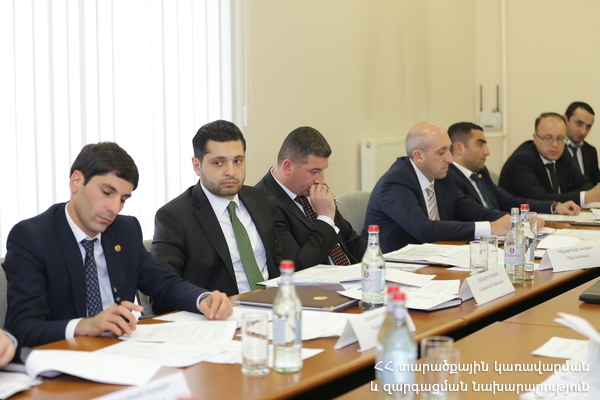The governors, through rewarding their colleagues, did not outright break any laws. Even more, I am convinced that such a practice did indeed exist in the past. But before the revolution, there were many other practices in the state system, and in order to reject those practices, tens of thousands of people went out on the streets in protest. Now, there is the issue of creating practices that won’t go against the “I serve the Republic of Armenia” pathos, and the euphoric cries of “proud citizens.” By the way, it is possible to be a proud citizen and to serve the motherland by working outside of the state system. I don’t think that a surgeon or a teacher, even if they didn’t help in closing the streets last spring, are any less worthy of calling themselves proud citizens.
But demands people have for state officials are stricter because us taxpayers entrust them with our money, and they not only have to be flawless in terms of following the law, but also in following moral and ethical norms. If someone takes on the responsibility of a state official (including governor) in a poor country like Armenia that fought to get rid of haughty officials, then they must be prepared for any discomfort, including sacrifices, and particularly for working with a “dry salary.”
When a high-ranking official is fired from their position in Western Europe or Japan, because they went to their personal summer villa in a car provided by the state, for example, they are being punished not for breaking the law, but for breaking official ethics. Citizens are told that not a single cent of their money will be spent without their knowledge. This does not mean that there aren’t officials who allow themselves to indulge every once in a while. But all risks remain at their discretion; officials know that they can be removed from their positions for doing something wrong.
I believe that all of us need to behave in the same manner. Until now, the practices in place for over two decades gave a different image. Ministers and governors had two service vehicles each. One vehicle was for them, and the other was for their families.
Aram Abrahamyan




















































